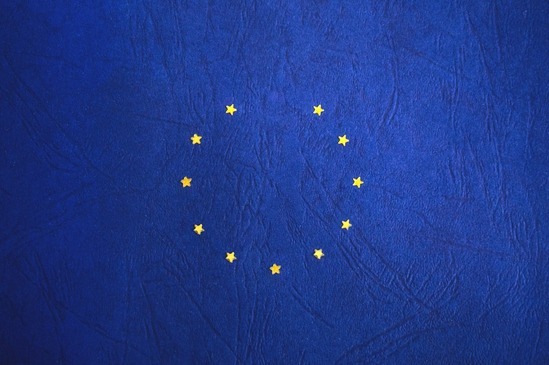Recently, the European Union changed their laws around data storage. This has fundamentally changed how many businesses and organizations in the EU do business, but has wider reaching effects than that. Because the marketplace is now worldwide, these new regulations will affect people all over the world. Google is adapting as well, which means you need to know how it can affect you.
Information being stored by Google now expires after a certain time. This shouldn’t affect many of the analytics that you currently use. If you are tracking browsing habits, age, gender, and other related interests, then this information will continue being kept since it does not identify the user.
Some types of analytics, however, are not as anonymous. There are advanced analytics tools that will tie that anonymous information to social media and other tools that can make it possible to identify a user. These connections will be severed once that expiry date passes.
Are You Using These Tools?
Sometimes, you may not know if you are using tools that can identify users. To find out, check out what Google tools you are using. Click to “Audience/User Explorer.” Once there, you will see information on the people using a specific site. If, after you click on the ID numbers of your visitors, you only see a placeholder image, then you probably are not using a tool that logs personal information. If you see a real image, and even a link or a bio from a social media page, then your analytics are going deeper. Just know that this information will be gone when it expires.
This expiration date is 26 months after information is logged. If you are not located in the EU, you can set this date to be longer so you can retain the information. The GDPR will have an affect on businesses outside of the EU, but with a little knowledge and know-how, the impact should be minimal.







